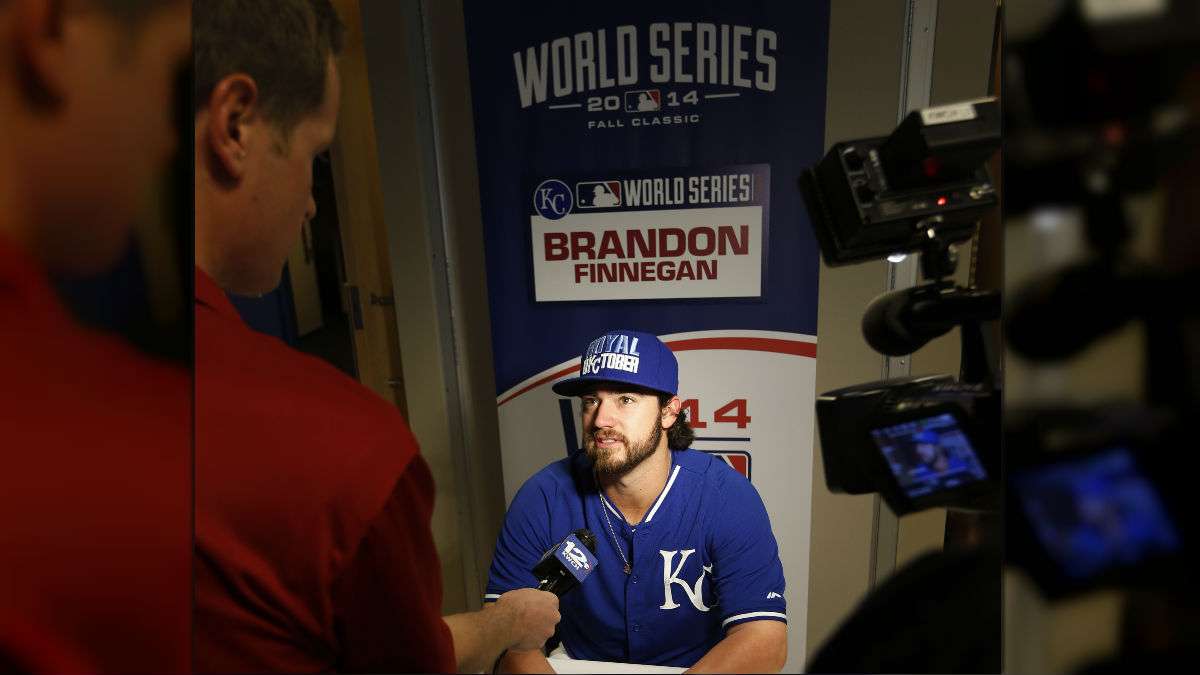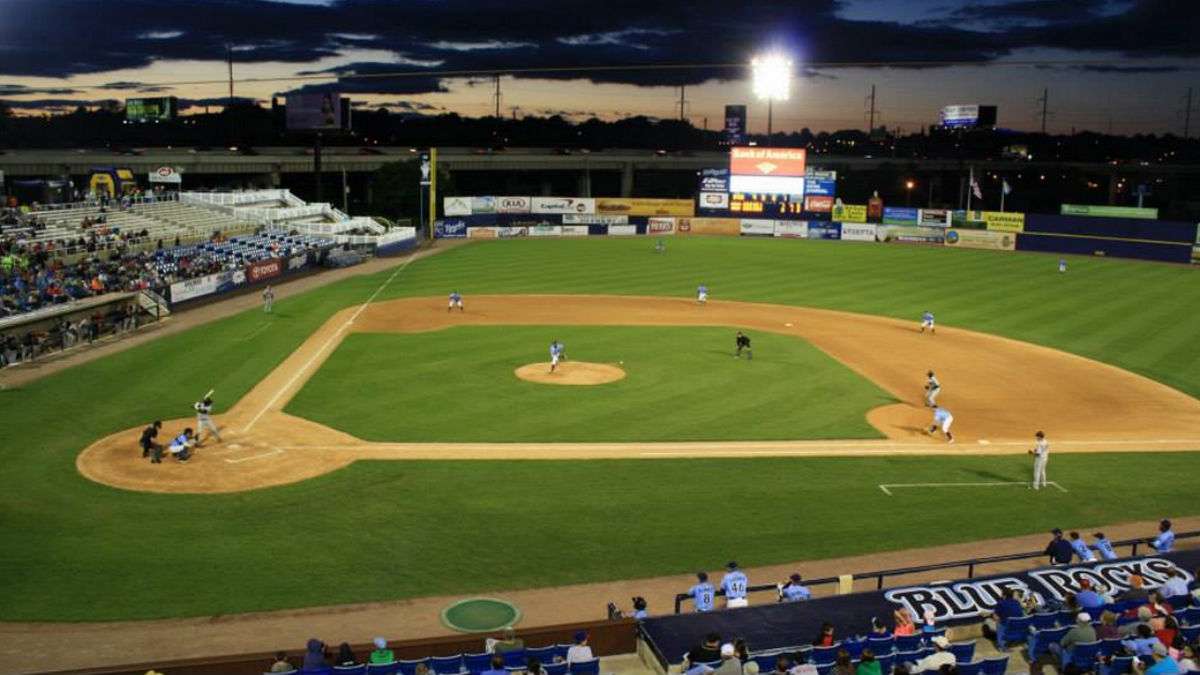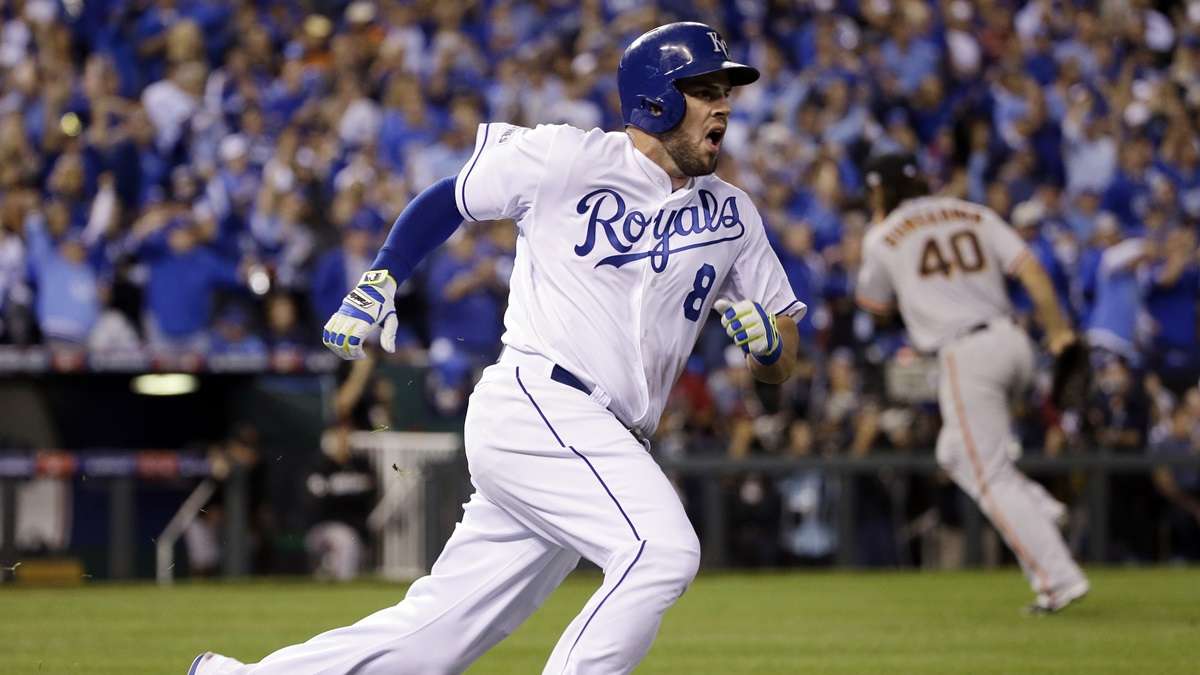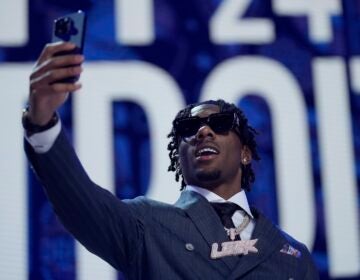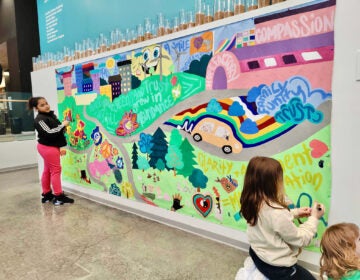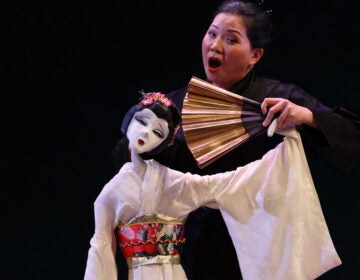Poetry takes center stage at Dodge festival in Newark, NJ
Truth and lies. Killing and survival. Sex, war, and rock and roll.
This weekend, thousands of people will be going on a three-day poetry bender.
“In America, a lot of people have an idea of poetry that was shaped by their experience being taught it — an idea that it’s difficult, challenging, and they have to get it right,” said Martin Farawell, director of the Geraldine R. Dodge Poetry Festival.
“In fact, you don’t have to get it right any more than you have to get a piece of music right. People have powerful connections to it, often in ways they can’t explain. “
The 15th biennial poetry festival, taking place in Newark, New Jersey, is the largest poetry festival in the country. It attracts the most prominent poets to read their work and discuss issues in contemporary poetry.
Music is among the wide range of topics leveraged by poets. Music and poetry have had a long relationship, and this year’s festival features many sessions about that love affair.
“Virtually all American popular song is in dialect,” said former Poet Laureate Robert Pinksy during a Thursday morning session, “Sing an American Tune.”
“I go to baseball games, and often a local person will sing the national anthem. They are mostly from Massachusetts, where I live now. When they start to sing, they get a little Appalachian.”
“When did that start? Is it all Bob Zimmerman’s fault?” said Pinksy, invoking the birth name of Bob Dylan.
Pinsky was joined onstage by Kevin Young at the First Baptist Peddie Memorial Church, a block away from the the festival headquarters, the New Jersey Performing Arts Center.
“I would thank, or blame, Louis Armstrong,” said Young, who has published several collections of poems directly influenced by blues and jazz. “I think he changed the way pop songs were sung. He’s growling, talking with his horn, scatting.”
The conversation in front of a few dozen people in church pews started easily, with people swapping names of favorite songs and poets, and then went deep into the poetry of vernacular and idioms of spoken language.
“I welcome it, insofar as it means we’re not aping an upper-class idea of Cole Porter,” said Pinksy. “On the other hand, does it limit the subject matter of poetry?”
Occasionally the conversation swerved into obscure territory — how traditional Filipino kundiman folk songs reacted to the Spanish-American war, and the Latin phrase “numerus clausus,” which, by a show of hands, exactly nobody understood.
The conversation moved not unlike a poem.
The festival, held every two years, has been held in Newark three times. This will be the first festival since the death of Newark’s most famous poet, Amiri Baraka. Poets who have been influenced or mentored by him will read his work aloud at this weekend’s events.
Farawell has also programmed an event Saturday night, “Another Kind of Courage,” featuring war veterans who write poetry.
“It’s an event that we’re trying to do, to use the festival — and poetry itself — to open an open communication between this very large veterans population we have from the last 12 years of war, who feel they are not in dialogue with civilian community,” said Farawell.
The Geraldine R. Dodge Foundation supports WHYY.
WHYY is your source for fact-based, in-depth journalism and information. As a nonprofit organization, we rely on financial support from readers like you. Please give today.



